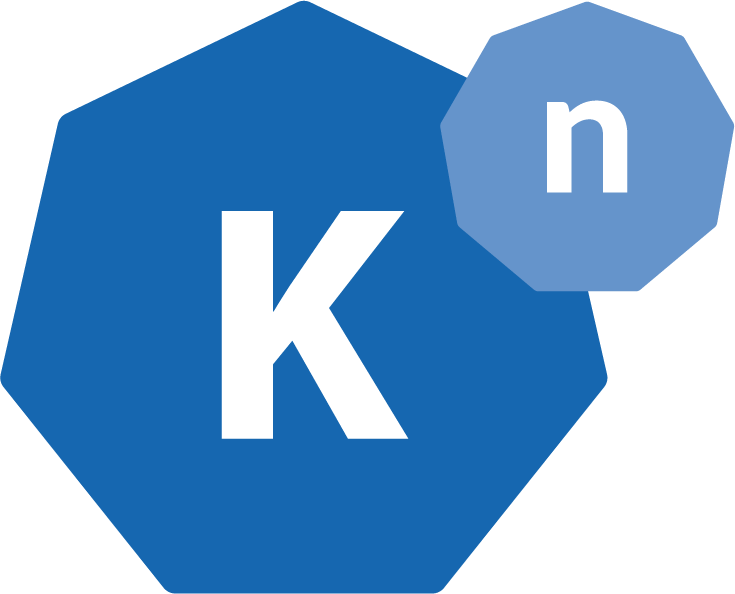The Java SDK for CloudEvents is a collection of Java packages to adopt CloudEvents in your Java application.
Using the Java SDK you can:
- Access, create and manipulate
CloudEventinside your application. - Serialize and deserialize
CloudEventback and forth using the CloudEvents Event Format, like Json. - Read and write
CloudEventback and forth to HTTP, Kafka, AMQP using the CloudEvents Protocol Binding implementations we provide for a wide range of well known Java frameworks/libraries.
To check out the complete documentation and how to get started, look at the dedicated website https://cloudevents.github.io/sdk-java/.
This SDK is considered work in progress. The community is working hard to bring you a new major version of the SDK with major enhancements both to APIs and to implementation.
If you want to know more about v1 of this SDK, check out the v1 readme
Stay tuned!
Supported features of the specification:
| v0.3 | v1.0 | |
|---|---|---|
| CloudEvents Core | ✔️ | ✔️ |
| AMQP Protocol Binding | ❌ | ❌ |
| - Proton | ✔️ | ✔️ |
| AVRO Event Format | ❌ | ❌ |
| HTTP Protocol Binding | ✔️ | ✔️ |
| - Vert.x | ✔️ | ✔️ |
| - Jakarta Restful WS | ✔️ | ✔️ |
| - Basic | ✔️ | ✔️ |
| - Spring | ✔️ | ✔️ |
| - http4k† | ✔️ | ✔️ |
| JSON Event Format | ✔️ | ✔️ |
| - Jackson | ✔️ | ✔️ |
| Protobuf Event Format | ✔️ | ✔️ |
| - Proto | ✔️ | ✔️ |
| Kafka Protocol Binding | ✔️ | ✔️ |
| MQTT Protocol Binding | ❌ | ❌ |
| NATS Protocol Binding | ❌ | ❌ |
| Web hook | ❌ | ❌ |
† Source/artifacts hosted externally
Documentation is available at https://cloudevents.github.io/sdk-java/.
Javadocs are available on javadoc.io:
- cloudevents-api
- cloudevents-core
- cloudevents-avro-compact
- cloudevents-json-jackson
- cloudevents-protobuf
- cloudevents-xml
- cloudevents-http-basic
- cloudevents-http-restful-ws
- cloudevents-http-vertx
- cloudevents-kafka
- cloudevents-amqp
- cloudevents-spring
You can check out the examples in the examples directory.
| Occurrent | Knative Eventing | http4k |
|---|---|---|
 |
 |
- There are bi-weekly calls immediately following the Serverless/CloudEvents call at 9am PT (US Pacific). Which means they will typically start at 10am PT, but if the other call ends early then the SDK call will start early as well. See the CloudEvents meeting minutes to determine which week will have the call.
- Slack: #cloudeventssdk channel under CNCF's Slack workspace.
- Email: https://lists.cncf.io/g/cncf-cloudevents-sdk
- Contact for additional information: Francesco Guardiani (
@slinkydeveloperon slack), Fabio José (@fabiojoseon slack).
Each SDK may have its own unique processes, tooling and guidelines, common
governance related material can be found in the
CloudEvents community
directory. In particular, in there you will find information concerning how SDK
projects are
managed,
guidelines
for how PR reviews and approval, and our
Code of Conduct
information.
If there is a security concern with one of the CloudEvents specifications, or with one of the project's SDKs, please send an email to [email protected].

